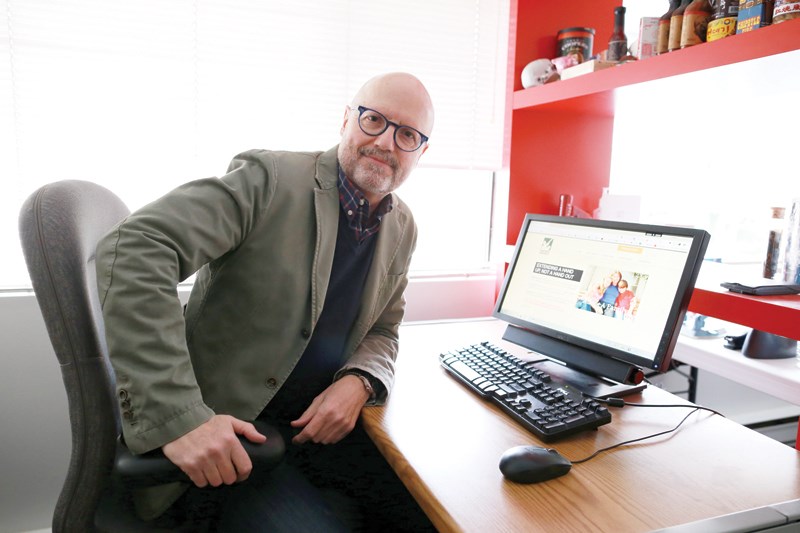The Harvest Project is raising money … and this time, it’s personal.
The charitable organization is hoping to raise approximately $215,000 by the end of the month to support their new Adopt a Family program.
The program is intended to provide a safety net – offering food, coaching and counselling – for families struggling with flat incomes and spiking housing costs.
In raising the money, Harvest Project is reminding donors that the recipients of their largesse are “my neighbours and your neighbours,” noted Harvest Project development officer Kevin Lee.
The North Shore residents who depend on the Harvest Project generally don’t want to be “plastered on the side of a bus,” Lee said.
“We’ve felt constrained to have a more generic story,” Lee said, explaining Harvest Project doesn’t offer detailed accounts of the people they help.
However, with the Adopt a Family campaign, Harvest Project is reminding Good Samaritans that between 250 and 400 North Shore residents – some of whom are the primary caregivers in their homes – depend on the Harvest Project every month, according to Lee.
“We’re not seeing any declines, we’re seeing more people coming to Harvest Project,” Lee said. “We respect that the folks we’re seeing are us.”
Given the number of single-parent households in North and West Vancouver as well as the families spending more than half their income on housing, “assuming housing can be found,” Lee estimates there are “several thousand” at-risk families on the North Shore.
Despite operating “on a shoestring,” Harvest Project has expanded their services recently, spending more money on groceries for cash-strapped clients and trying to refer more clients to specialized counselling.
With the need growing, Harvest Project decided there was “no time like the present” to offer more service, according to Lee.
“It’s challenging in the current economic environment,” Lee said of their fundraising drive. “What we’re seeing statistically is that fewer Canadians are donating to charity overall.”
Despite larger trends, the Harvest Project is about 75 per cent of the way through its fundraising drive, which began in December and will take them through the “critical period” of January.
“We’re seeing a good level of support,” Lee said.
For any non-profit or charity, it’s “absolutely necessary” to ask your supporters and community to offer financial support, according to Lee.
“That really carries us through the year,” Lee said. “There’s a desire that the North Shore remain an inclusive and a compassionate community. That’s the heartening thing that we see,”
The group depends on big and small businesses, churches, schools, community groups, and generous North Shore residents.
Besides bags of groceries, the Harvest Project also offers what they call peer to peer coaching, which involves sitting down with someone who needs help and trying to “map out a way forward.”
The client commits to “realistic and achievable” goals, some of which can take a few years to achieve, according to Lee.
While Harvest Project is accepting one-time and recurring gifts of “any size,” they’re hoping a few benefactors will offer $200 a month, a sum that will support coaching, counselling, groceries and clothing for a family throughout 2017, according to a release from the Harvest Project.
The money will “help vulnerable people to realize their full potential, get healthier, and reconnect with this community,” stated Harvest Project executive director Gary Ansell in the release.
Harvest Project distributed more than $600,000 worth of food in 2016, according to the release.
Donations to the Adopt A Family campaign can be made at harvestproject.org.



